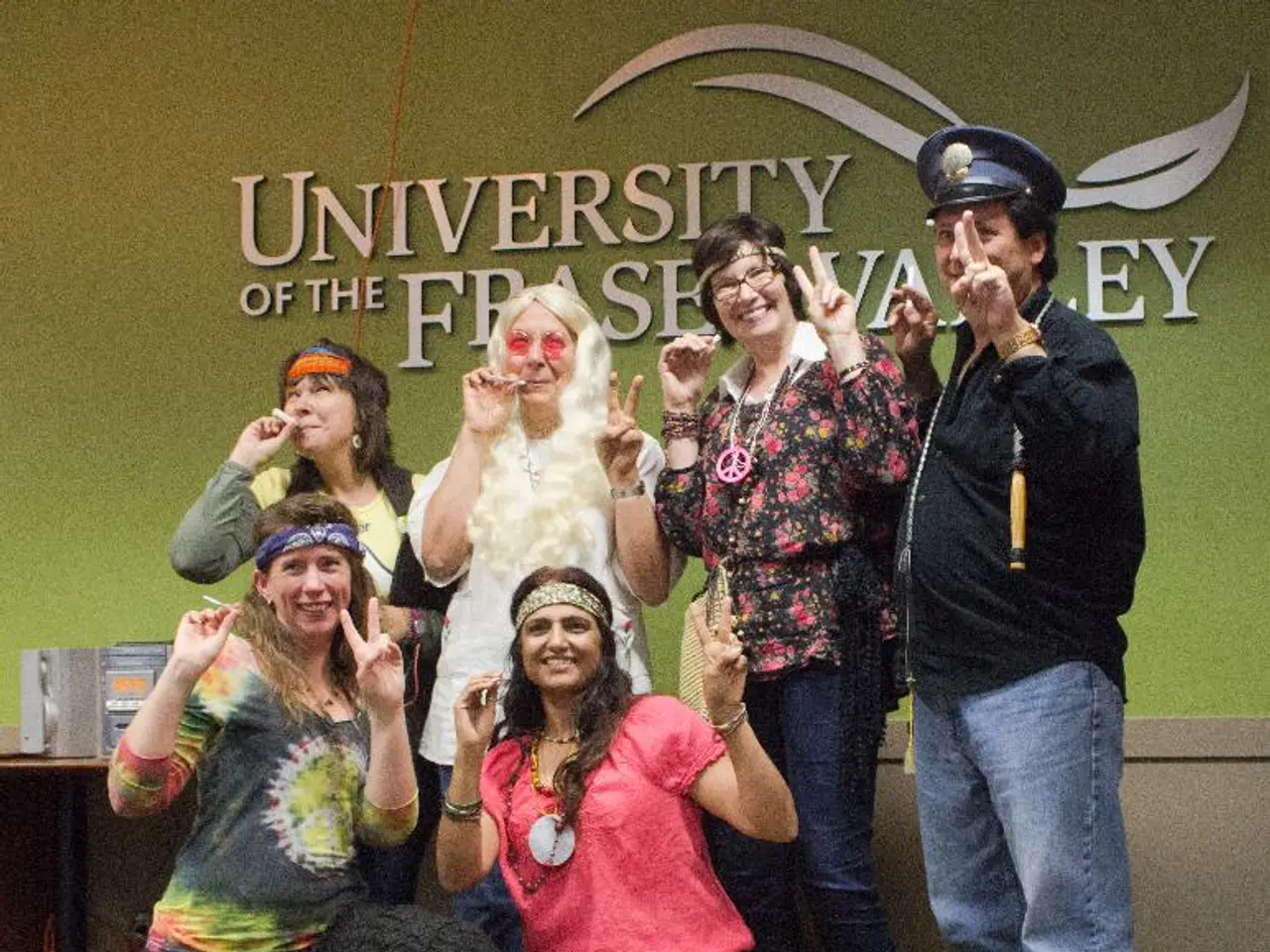Discussion on Podcast: Spurring Group Achievement: Inspiring Team Motivation
In a recent episode of their podcast, "Behind the Curtain: Adventures in Continuous Improvement," hosts John Dyer and Mohamed Saleh discussed the importance of effective leadership and the role of empathy in motivating a team. They argued that fear is not an effective motivational strategy for a team, and that motivating by bonuses, which Dyer referred to as "bribes," can have negative consequences.
According to Saleh, leaders should focus on creating an environment where team members feel valued and motivated intrinsically, rather than relying on external factors like fear or bonuses. He recommends making empathetic leadership a daily ritual, going to the floor every day and recognizing the good things that employees are doing.
Dyer and Saleh believe that fear does not motivate and that showing empathy is key to driving progress. They suggest building an environment where employees look forward to coming to work because they see things improving. While walking the floor, Saleh suggests doing small things to create a better work environment, such as sweeping the floor.
The hosts argue that leadership should provide employees with a sense of purpose in their work. They believe that establishing an "umbrella of purpose" ensures employees feel their daily tasks contribute to a greater organizational vision.
Creating a culture of continuous feedback and recognition is another effective approach, where achievements are regularly acknowledged to boost morale without relying on financial rewards. Building strong team dynamics focused on collaboration, communication, and mutual respect also enhances intrinsic motivation by fostering a sense of belonging and shared goals.
Implementing mentorship, training, and clear development roadmaps provides employees with tangible growth opportunities, signaling long-term investment in their career rather than short-term rewards or punishments. Leaders engaging in self-awareness exercises and personality tools to better understand their own and their team's motivations promote authentic connection rather than fear-based control.
Together, these approaches emphasize motivation through meaningful work, recognition, support, and development—elements that fuel “enthusiastic productivity,” where employees are deeply engaged, aligned with customer needs, and invested in organizational success beyond fear or monetary incentives.
Dyer and Saleh assert that motivating by either fear or bonuses is a failure of leadership, as it deflects the responsibility of motivating the team and leaves no ownership on the leader's end to motivate the team. They believe that by adopting these alternatives, leaders can foster a more productive and engaged team, leading to long-term success for both the team and the company.
[1] Behind the Curtain: Adventures in Continuous Improvement, "The Role of Empathy in Motivating a Team" [2] Behind the Curtain: Adventures in Continuous Improvement, "Building a Culture of Recognition and Support" [3] Behind the Curtain: Adventures in Continuous Improvement, "Understanding Your Team's Motivations" [4] Behind the Curtain: Adventures in Continuous Improvement, "Providing Opportunities for Growth and Development"
In the podcast "Behind the Curtain: Adventures in Continuous Improvement," hosts John Dyer and Mohamed Saleh discuss various approaches to effective leadership and motivation in the workplace. [1] They argue against using fear as a motivational tool, instead emphasizing the importance of empathy in driving progress. [2] To create an environment where team members feel valued, they recommend making empathetic leadership a daily ritual and building a culture of recognition and support. [3] Motivating by bonuses is considered a failure of leadership, as it deflects the responsibility of motivating the team, and instead they suggest understanding the team's motivations through self-awareness and personality tools. [4] Leadership should also provide opportunities for growth and development, such as mentorship and clear development roadmaps, to signal long-term investment in their careers, rather than relying on short-term incentives.




